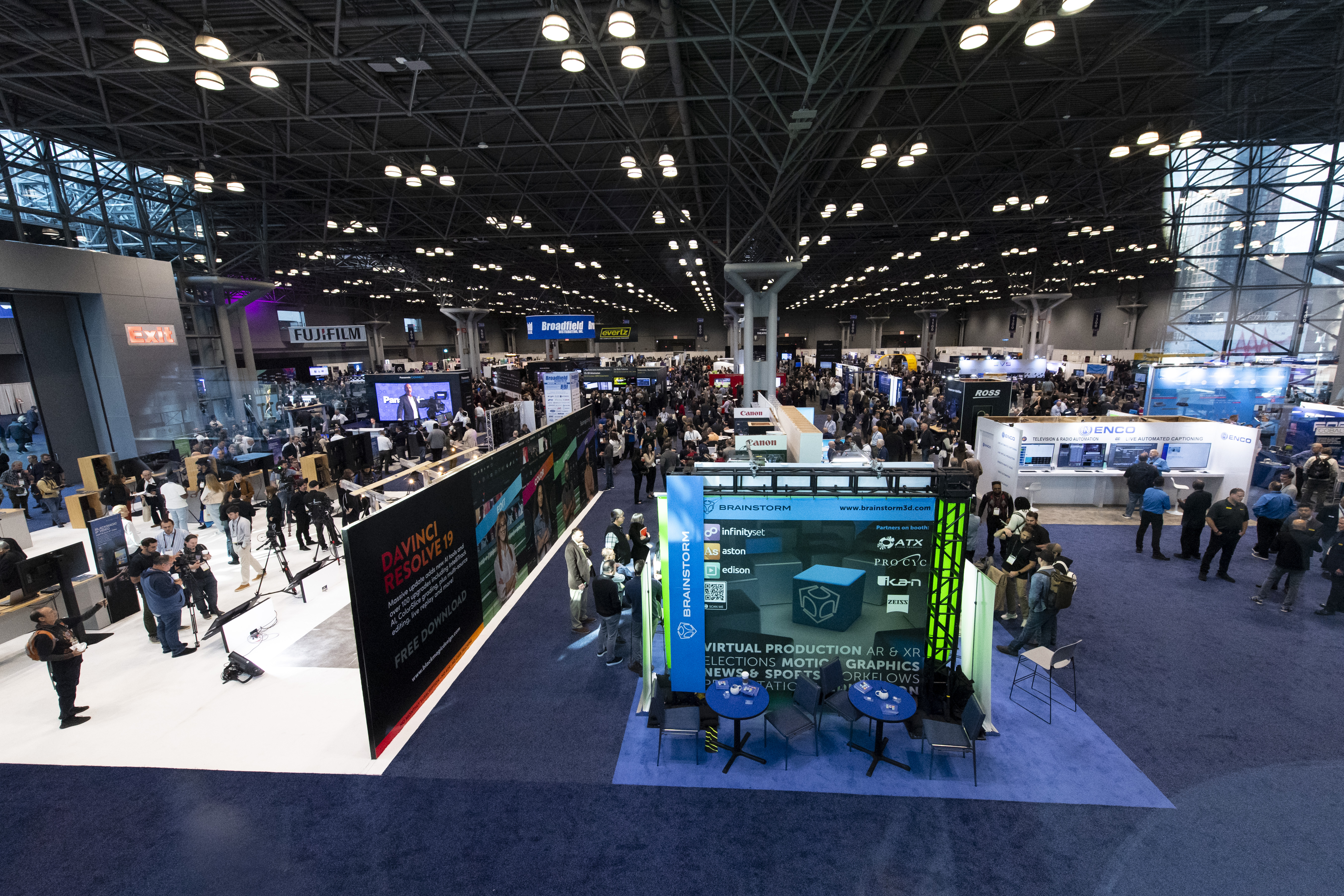Potential interference in white space falling on deaf ears
Legislation from Washington lawmakers regarding the use of white space spectrum is circling around Congress and appears to have a good chance of passing. As a result, manufacturers of wireless audio equipment and production professionals are increasing their opposition efforts in order to avoid what they say will be a serious interference problem once the DTV transition is complete.
Last month, FCC chairman Kevin Martin renewed his vow to use the currently unused frequencies in the broadcast spectrum (between channels 5 to 51) to accommodate unlicensed wireless devices. In a Senate Commerce Committee hearing on the matter in February, Martin said that licensing the devices would require a lengthy, complex process of identifying the spaces to be used.
He said the commission would prefer to prevent interference via industry testing procedures and let devices operate without a license. This, say opponents, makes it hard to identify where the interference is coming from and thus impossible to correct in a timely manner.
If passed into law, the initiative would permit low-power unlicensed devices such as laptop WiFi cards, wireless keyboards and network routers to use the white space. White space spectrum is also being championed in Congress as a means to get broadband access to rural communities. The law would require the FCC to permit license-free use of the unassigned broadcast spectrum between 54MHz and 698MHz within 180 days of enactment.
Some members of Congress and the FCC contend that fears of interference are unjustified in a technological age that includes smart radio transmitters and receivers.
At issue is the already crowded low-frequency spectrum. Concerned production companies say to allow unlicensed wireless devices to operate on the same spectrum as they do will cause signals to be disrupted, wireless mics to fail, low-power digital TV signals to go black, and available spectrum used for remote productions to be scarce or nonexistent.
Several industry representatives from such broadcast and production organizations as the Professional Audio Manufacturers Alliance (PAMA), the Service for Maximum Television (MTSV) and even the Grand Ole Opry, have lobbied Congress and the Federal Communications Commission in an effort to bring their concerns to the forefront.
The professional video industry's #1 source for news, trends and product and tech information. Sign up below.
Jeff Krull, vice president of product development for wireless microphone provider Shure, visited Washington, D.C., in January (along with others from the audio industry) and said the commissioners and legislators they met with listened to their concerns, but, up against well-financed lobbying efforts from a group of consumer electronics manufacturers with a vested interest in marketing wireless equipment that would use the white spaces, the legislators appear intent on passing the bill. The consumer electronics group includes Dell, Hewlett-Packard, Intel, Microsoft, Philips and Google.
Among the latest members of Congress to sponsor a new bill to allow new portable devices to operate is Rep. Jay Inslee, D-WA, who represents some of the consumer electronics manufacturers involved.
Senators John Kerry, D-MA, and John Sununu, R-NH, have proposed similar bills, which all ignore the potential plight of wireless mic users, as well as the thousands of licensed low-power TV stations and translators that serve suburban and rural areas across the country.
The FCC has said it would allow these unlicensed devices to operate on the spectrum in late February 2009, when broadcasters are mandated to give back their analog channels. In the meantime, the commission has asked the consumer electronics manufacturers to provide prototype devices to enable interference tests, but opponents feel there isn't enough time to do a thorough evaluation. In addition, audio equipment manufacturers, such as Shure, said technology to counteract interference would not be available for at least five years.
Krull said it's not too late for industry trade groups to lobby their respective members of Congress.
